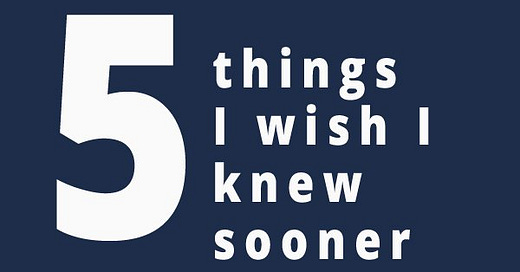5 things I wish I knew sooner about wildlife conservation
Are you interested in supporting wildlife conservation but don’t really know where to start? You’re not along. I use to feel the same way. So here are 5 things I wish I knew sooner to help you get started.
Anyone can do it
You don’t have need to be a wildlife biologist to support wildlife conservation. It doesn’t matter where you come from or what you’re trained in, as long as your passionate about protecting the natural world and all its amazing wild inhabitants, you can make a difference.
I’ve learned that successful conservation campaigns require a variety of different tasks, including scientific data, fundraising, marketing, social media, accounting, legal actions, and so much more. For a long time, I tried to find conservation job opportunities that would should me what I need to do and how I needed to do it. But then I realized I need to stop looking and instead just start doing, which is what let to the creation of the Wildlife Collective. It’s funny because I never thought I’d be a wildlife photographer and conservation activist, but here I am and I wouldn’t have it any other way.
Join a campaign
There are so many important conservation organizations fighting to protect vulnerable species and habitats who are looking for people exactly like you to write a letter, sign a petition, donate to their cause, or volunteer. Joining a campaign is probably the easiest way to get started in conservation. Think about conservation issues that you’re passionate about, whether it’s a big global issue or a local issue in your own community. If you need help finding conservation organizations that match your interests, please get in touch and we’ll do our best to help you.
Build a coalition
You can’t do it alone. You need to work with others for your conservation cause and the more you can bring together divergent interests and unite people for a common cause, the greater probability of success for your campaign. It’s not always easy. Look no further than the fight against the proposed Pebble Mine, which united bear lovers such as myself with bear trophy hunters. There are times where you must set aside your own differences in values for the greater good of the conservation campaign. The greater the coalition the greater attention you will likely receive from key decision-makers.
Strategy > Passion
It’s important to be passionate about conservation, but passion on its own is not going to lead your decided outcome. The more I’ve worked in conservation organizations, the more I realize that strategies, tactics, and messaging are more important to engage your audience, shift mindsets, and achieve your desired outcome. So by all means be passionate, but don’t let your passionate or enthusiasm affect your judgement. Instead, deliberate carefully on the sequence of events, the calls to action, and the methods to use that will be most effective.
Perseverance
Wildlife conservation is tough. When you look at the state of the world, we are often bombarded with negative conservation news. So it can be easy to feel discouraged and wonder what’s the point of making an effort if the ending is already a foregone conclusion.
I’m here to tell you that there is hope. There are so many individuals and organizations making a difference despite the odds stacked against them. So it’s important to persevere through the rough times and to keep going. That’s why it’s so important to find your people — individuals who can lift you up, motivate and inspire you to keep going.
Need some help or encouragement, remember we are always available to help so please feel free to contact us at anytime.
What are your main lessons from wildlife conservation? Please share them in the comments below.



